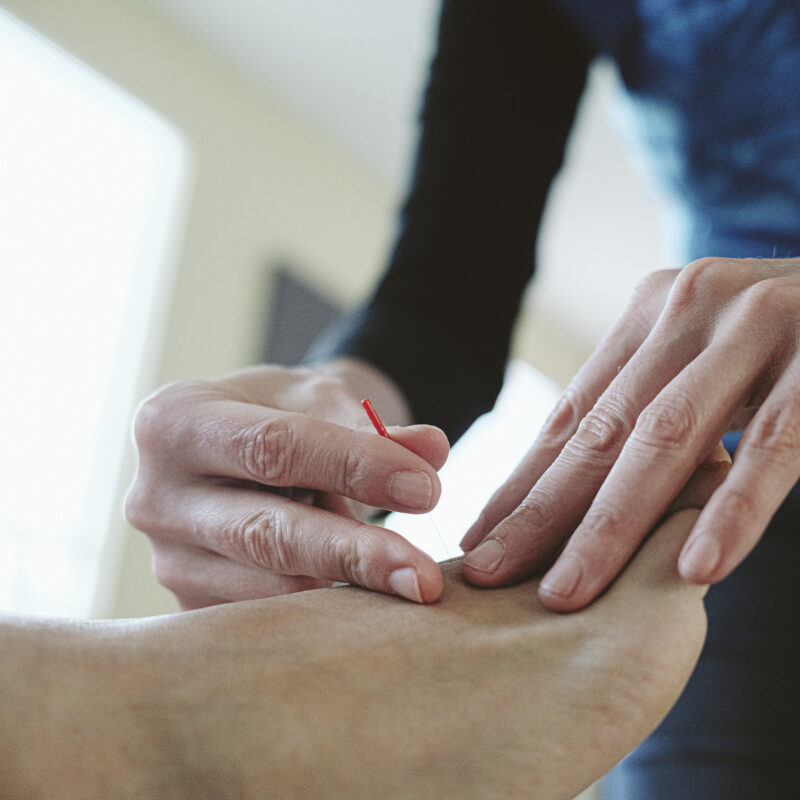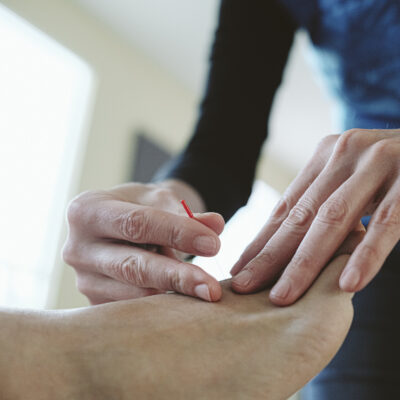For 12 weeks my life revolved around training. After-work drinks were out of the question. Friday night bedtime catered to early morning long runs. And my days couldn’t begin without yoga and a foam roller.
The buzz of race day was infectious, and there was an air of camaraderie and understanding among the thousands of fellow spandex-clad athletes who shared my desire to run 13.1 miles before most people rolled out of bed for Sunday pancakes and Bloody Marys. For days I relived the race, recalling the highs and lows, admiring my medal, and sharing the details with anyone who would listen. I was on top of the world—until I wasn’t.
Area marathon runner and sports psychologist Richard Ferguson said the feelings of depression following a long race could be due to a temporary chemical imbalance after a change in the brain’s serotonin, linked to neurotransmitters associated with fatigue.
“It’s something people don’t often mention, because I think many people think it’s unusual,” Ferguson said. “But it’s a more common phenomenon than you would ever realize.”
I knew from coaches, blogs, and common sense that my body needed to recover, so I took it easy and didn’t lace up my running shoes for about a week after my half-marathon. But as a relative newbie to the running world with only a 10-miler and half marathon under my belt, I hadn’t been prepared for the overwhelming letdown I felt in the weeks following my race, and I found myself sluggish and unmotivated.
Turns out, there’s more to recovering after a race than icing your calves and eating a ton of protein.
“I think it’s more difficult to recover mentally than physically,” said local runner Sophie Speidel.
Speidel, a life-long athlete and ultra-marathon racer, experienced the post-race blues in 2005 following her first 100-miler. After losing her stomach at mile 80 and crashing—against the advisement of her husband and pacer—at an aid station for a three-hour nap, she said the final push was about as dramatic and emotional as they come. Much like a wedding day, crossing the finish line elicited an outpouring of love and congratulations from her support system. But, just like the race itself, that feeling afterward couldn’t last forever.
“I was really kind of sad the whole week after the race,” Speidel said, which she chalks up to the sudden lack of everyday training with running pals who get it. Friends and family who don’t run can only hear about fueling methods, 5K splits, and the latest Inov-8 model for so long.
“The race is over, and nobody wants to hear about your running anymore,” Speidel said. “That’s what makes those social connections so great and important.”
Speidel said she’s fallen into a yearly running routine that seems to stave off both burnout and post-race depression.
“I don’t race at all from March to September,” she said. “When it’s done I’m ready to be done, but I’m really itching to race once it starts again.”
If you’re battling the post-race blues, and want to get back in the game, Ferguson suggests switching up your routine.
“Give your mind a rest by getting out of any training rut you may have developed before your big race,” Ferguson wrote in an article for Runner’s World Magazine.
For local marathoner-turned-cyclist Christopher Crawford, the thrill is all in the journey, and the crash comes with finally attaining a long-term goal.
“I always tell people that running the marathon itself is not the big game; the big game was the 700 miles it took to get to that day,” Crawford said. “But once the marathon is no longer in the distance, you don’t have anything you’re running toward.”
Immediately after his first marathon in 2012, he signed up for another one. Then another one and another one, until he’d run six marathons in a year and covered more than 2,000 miles on foot.
“For me it’s not necessarily an addiction to running; it’s an addiction to achieving this goal,” he said. “So I either set up another appointment to do it again, or it’s over.”
The continuous cycle of training and racing prevented the immediate onset of the doldrums, but Crawford said once the ultimate goal of 2,000 miles in a year was behind him and he realized he’d lost the thrill of racing, motivation plummeted.
“After a while it starts to run your life, and when you step away, there’s this void,” Crawford said. “If you have something to replace it with, that’s great; but if you don’t, I imagine the person you were prior to marathoning is what you go back to. But the reason you started marathoning in the first place is you wanted to be better than what you were.”
It’s been about six weeks since my half-marathon, and I’m starting to crave that sense of purpose that comes with intense training. I don’t see a 100-mile race in my future, nor do I feel compelled to rack up 2,000 miles in the next 12 months. But I did take Ferguson’s advice and am working on cobbling together a new routine and support system. Last Sunday I was up before the sun for a nine-mile group jaunt in the woods, and I’m on the lookout for pals with goals similar to mine. So if you happen to know any half-marathoners who will drag me out of bed before work and circle the city at a 10-minute pace, let me know.





